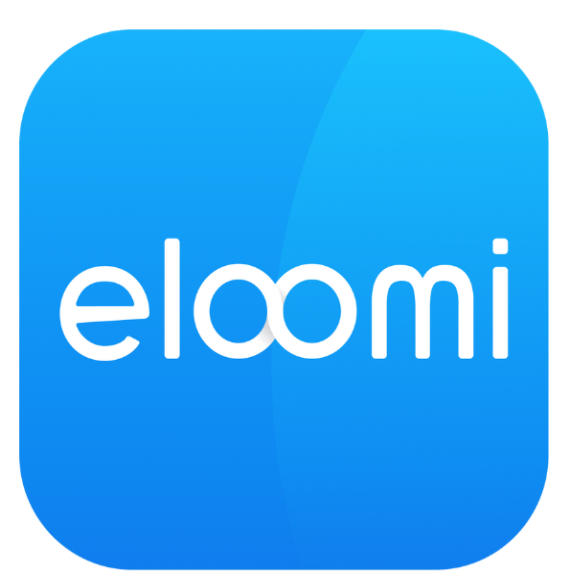ATD Blog
Leading Change: How Skills-Based Organizations Enable Diversity
Wed Mar 20 2024

From hybrid work to artificial intelligence (AI) disruption, organizations are rapidly adopting new approaches to keep ahead of industry change. Skills-based organizations have emerged as a success story, not only maintaining a competitive edge but also fostering greater diversity and inclusion.
Why is that such a big deal? Well, Deloitte has shown that there are huge advantages to having a more diverse workforce. Inclusive companies are:
Two times more likely to meet or exceed financial targets
Three times more likely to be high performing
Six times more likely to be innovative and agile
So, what’s driving this change? To unpack how a skills-based approach is paving the way for greater diversity and inclusion, we’ve broken down three key areas, from hiring processes to performance reviews. Let’s review them.
Recognizing Talent With Skills-Based Hiring
One of the key pillars of a skills-based organization is skills-based hiring: an approach that’s also being championed to help reduce bias in hiring processes.
Skills-based hiring gives HR access to a clearly defined set of skills and roles within the organization, also known as a skills taxonomy. This means hirers know exactly what skills are required for a given role, enabling them to consider candidates through a more objective set of criteria.
A study by Gartner found that 78 percent of HR professionals believe skills data is essential for making informed hiring decisions. That’s because by moving away from traditional measures, such as educational background, organizations can focus on assessing candidates based on their demonstrated skills and competencies.
A skills-based approach to hiring is worth considering not only because it reduces bias in the hiring process but also because it opens doors to a more diverse range of candidates who possess relevant skills. In other words, it helps pack your organization with the best talent, not just the flashiest resumes.
Democratizing Development With Employee-Led Learning
Beyond hiring, organizations embracing the skills-based model are implementing comprehensive learning and development (L&D) programs to empower employees to upskill and reskill. These learner-led initiatives enable employees to access training on a wide range of topics, democratizing access to learning opportunities.
What does this mean for diversity? Well, greater access to training helps break down barriers to personal development and career growth. Take leadership development as an example. Employee-led learning can remove barriers to leadership training. With access to courses that develop management skills, employees are empowered to pursue training, discuss ambitions, and broaden their possibilities for career development.
Levelling the Playing Field With Skills-Based Performance Management
A skills-based approach to performance management instills a more inclusive culture at every level of your organization.
If your one-on-ones tend to meander, having a performance culture anchored in skills development helps focus those conversations on specific outcomes. This approach levels the playing field, ensuring that employees have equal opportunities for recognition and advancement based on their progress.
Moreover, skills-based performance reviews facilitate open and transparent conversations between managers and employees about career development. Employees are encouraged to articulate their aspirations and discuss how they can leverage their skills to achieve their goals, fostering a culture of inclusivity and empowerment.
Shifting to a Skills-Based Approach
Becoming a skills-based organization is not without its challenges. It requires a significant cultural shift, as well as structured training and development programs, but it’s well worth the investment. The future is here, and its focus is on talent.
More from ATD


